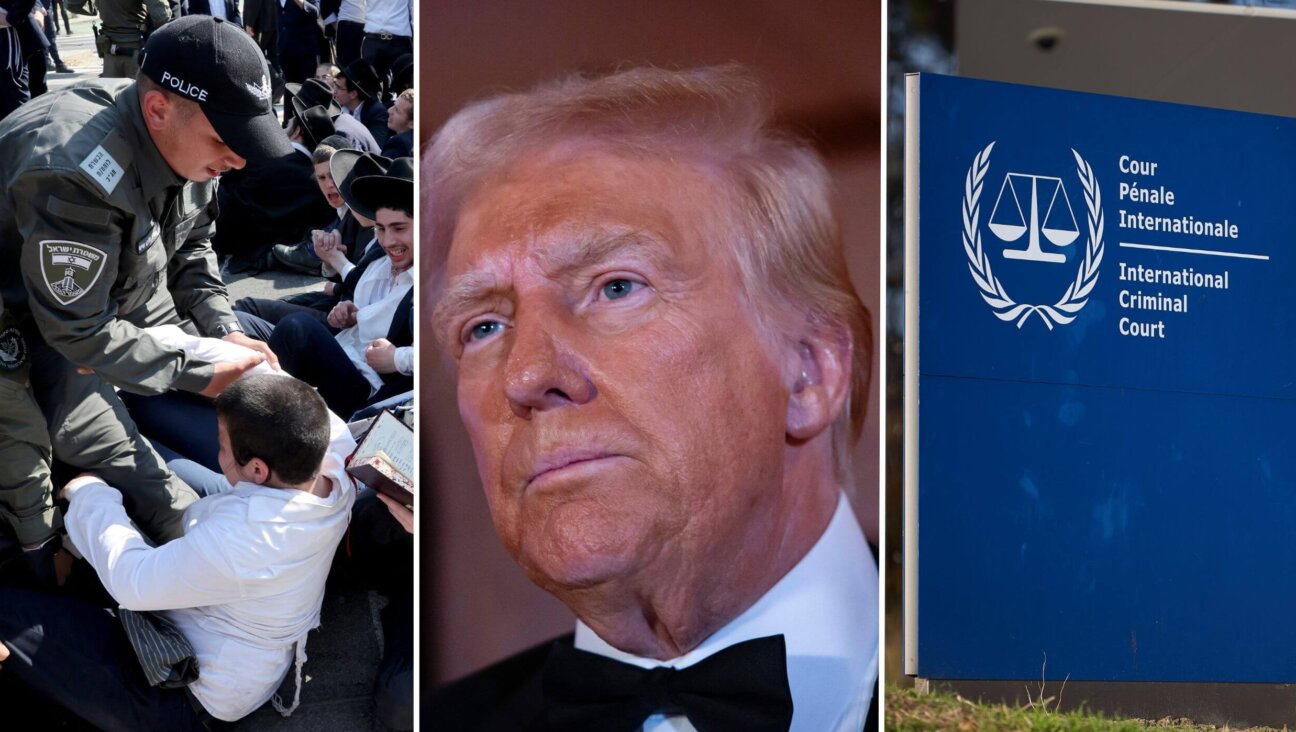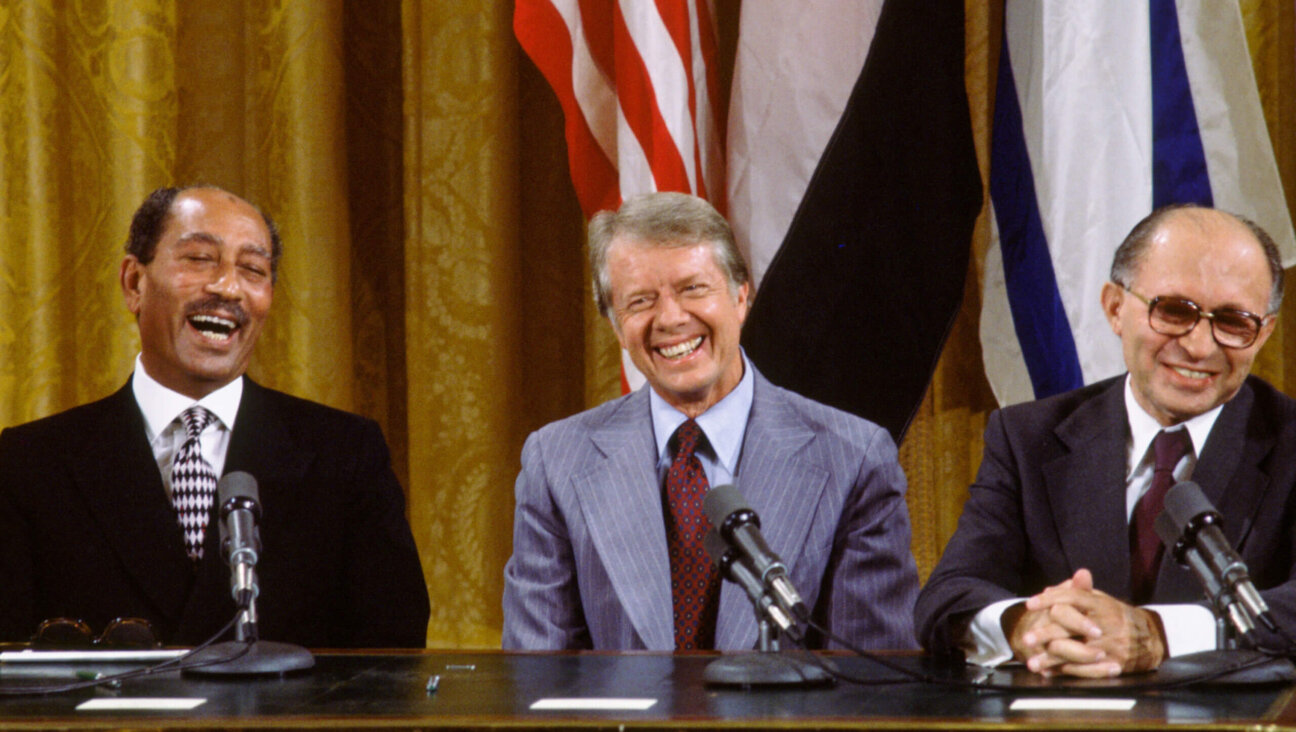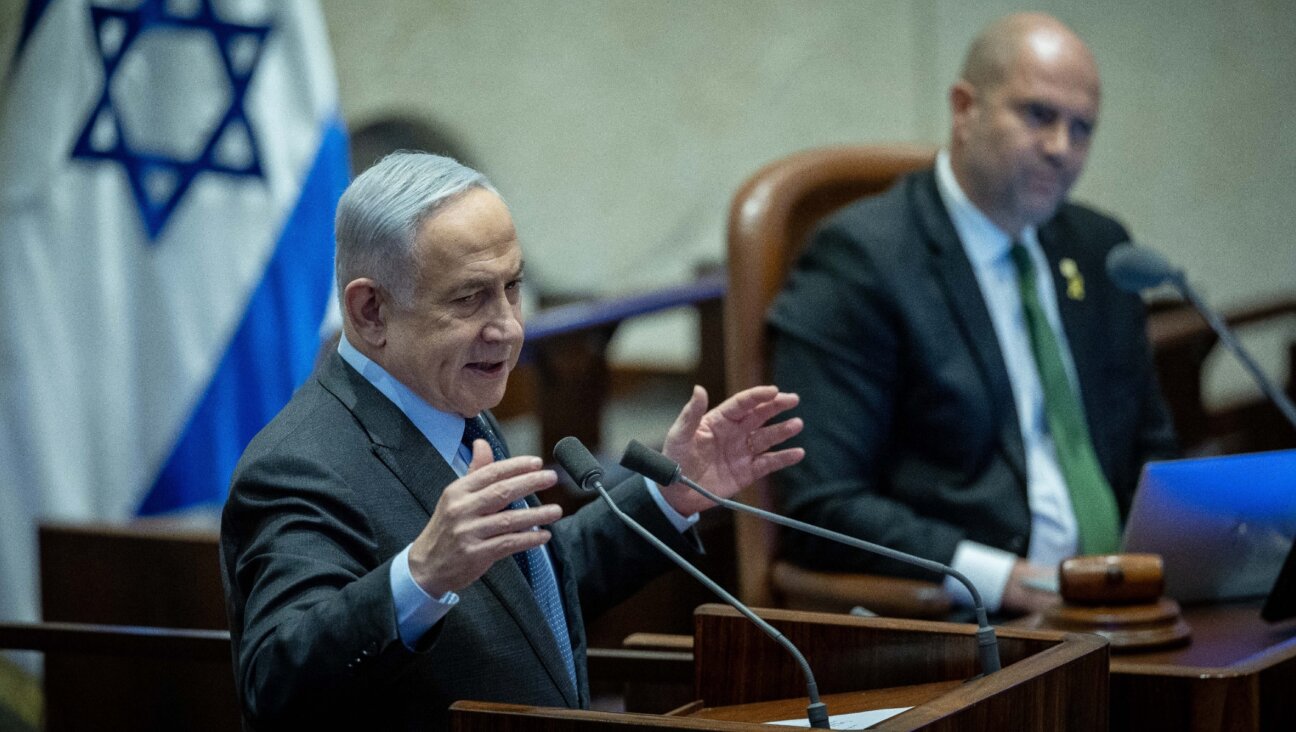Kagan, Kaplan and the Stare Decisis Conundrum
Jeremiah Riemer writes to suggest that if Elena Kagan is indeed set to become the first Reconstructionist on the Supreme Court since the Civil War, as I joked in a May 10 blog post (playing off her late parents’ reported membership in a Reconstructionist congregation), then it’s time to take a fresh look at the famous dictum by Rabbi Mordecai Kaplan, founder of Jewish Reconstructionism, that tradition should have “a voice but not a veto” in our current moral decision-making. If that is indeed how the nominee sees things, what does it portend for the legal principle of stare decisis, the common-law rule that judges are bound by precedent, as set by previous court rulings? Would Justice Kagan give Roe v. Wade or Brown v. Board of Education a “voice but not a veto”?
Theoretically a good question, but it turns out that Kagan actually does not consider herself a Reconstructionist Jew. Her parents got involved in the Reconstructionist congregation, the West End Synagogue, after the nominee had already grown up and moved out. According to recent reports, she calls herself a Conservative Jew. This should come as pleasing news to the court’s Scalia-Thomas wing, at least until someone clues them in that Conservative Jews and conservative Jews are two completely different things.
A message from our Publisher & CEO Rachel Fishman Feddersen

I hope you appreciated this article. Before you go, I’d like to ask you to please support the Forward’s award-winning, nonprofit journalism so that we can be prepared for whatever news 2025 brings.
At a time when other newsrooms are closing or cutting back, the Forward has removed its paywall and invested additional resources to report on the ground from Israel and around the U.S. on the impact of the war, rising antisemitism and polarized discourse.
Readers like you make it all possible. Support our work by becoming a Forward Member and connect with our journalism and your community.
— Rachel Fishman Feddersen, Publisher and CEO























